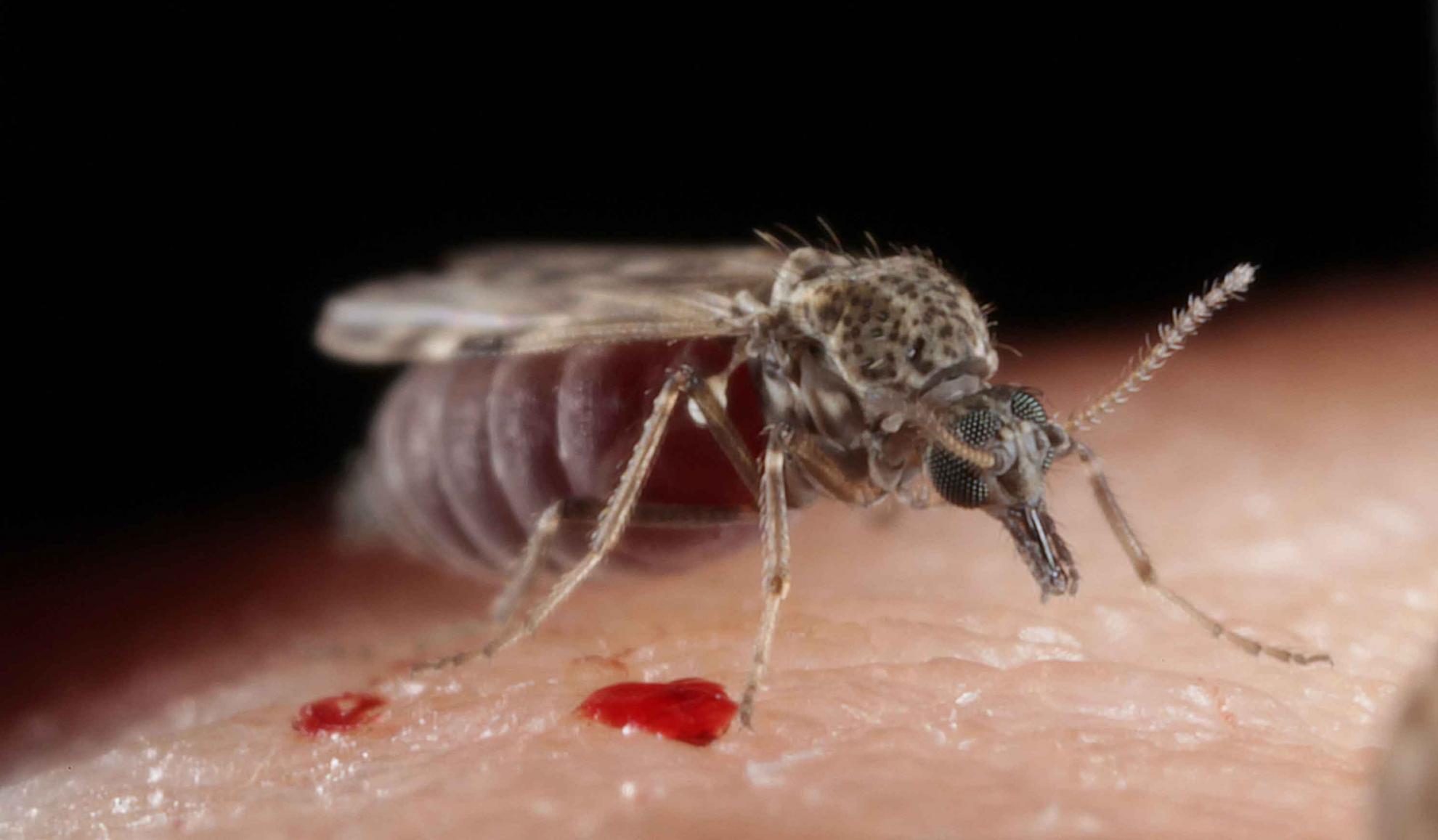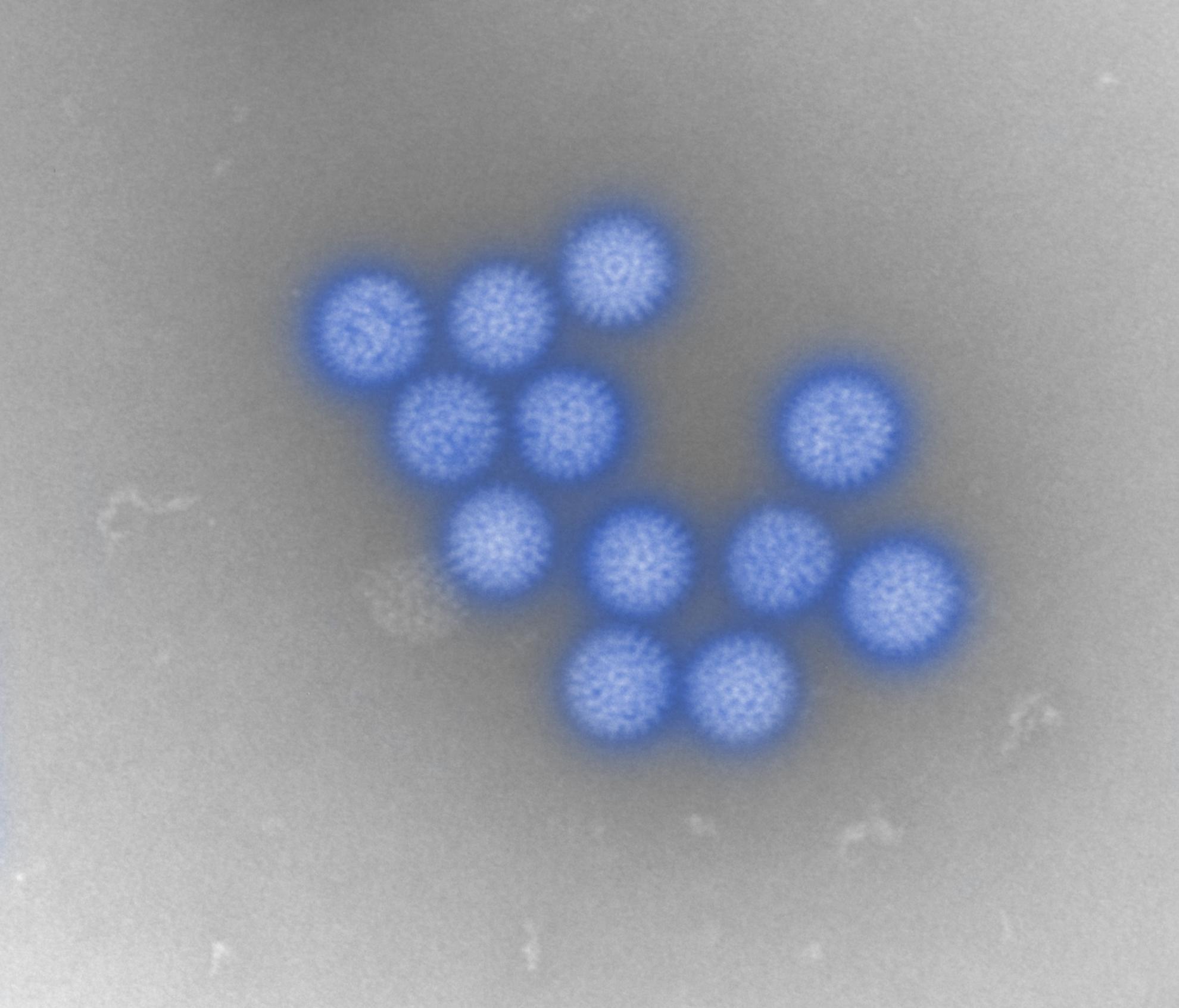Laboratory and field-based tests of deltamethrin insecticides against adult culicoides biting midges
Bluetongue virus (BTV) is an economically important arbovirus of ruminants transmitted by Culicoides biting midges. Vector control using residual spraying or application to livestock is recommended by many authorities to reduce BTV transmission; however, the impact of these measures in terms of both inflicting mortality on Culicoides and subsequently upon BTV transmission is unclear. This study consisted of a standardized World Health Organization laboratory assay to determine the susceptibility of European Culicoides species to deltamethrin and a field trial based upon allowing individuals of a laboratory strain of Culicoides nubeculosus Meigen to feed upon sheep treated with Butox 7.5 pour-on (a deltamethrin-based topical formulation). Susceptibility in the laboratory trial was higher in colony C. nubeculosus (24-hLC(90) = 0.00106%), than in field populations of Culicoides obsoletus Meigen (24-h LC(90) = 0.00203%) or Culicoides imicola Kieffer (24-h LC(90) = 0.00773%). In the field, the pour-on formulation was tested with a total of 816 C. nubeculosus specimens fed upon on the thigh of treated sheep. The study revealed a maximum mortality rate of 49% at 4 d postapplication, and duration of lethal effect was predicted to be as short as 10 d, despite testing being carried out with a highly susceptible strain. The reasons for this low efficacy are discussed with reference both to the potential for lack of spread of the active ingredient on the host and feeding patterns of the major potential vector species on the sheep host. Practical implications for vector control strategies during BTV incursions are also detailed.
Back to publications

